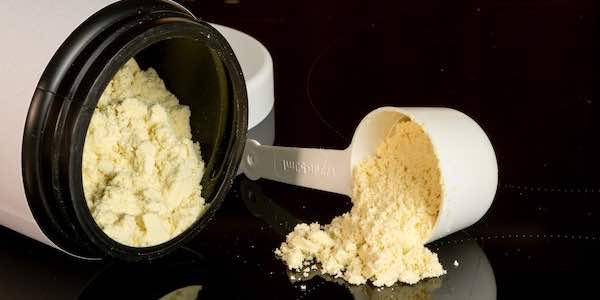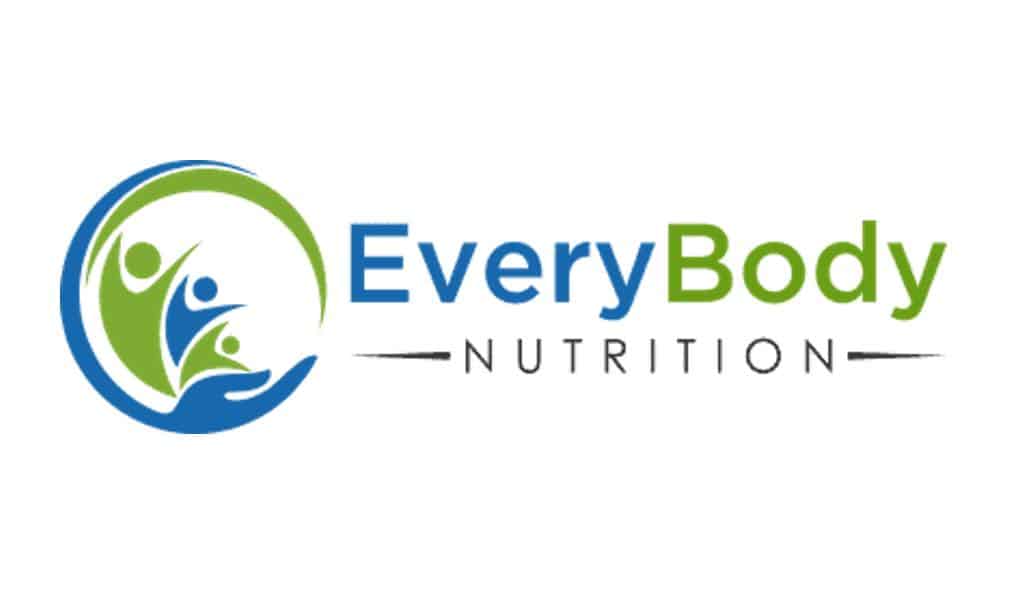Introduction
Supplements play a crucial role in supporting individuals striving for optimal health and strength. In the world of fitness and nutrition there are a myriad of supplements available. One that stands out as a staple for many fitness enthusiasts is whey protein. This complete guide aims to demystify whey protein, exploring its origins, production, types, health benefits, practical uses, and how to choose the right one for your needs.
Unraveling the Mystery: What is Whey Protein?
Whey protein is a high-quality protein derived from milk during the cheese-making process. Often overlooked in the past, whey was considered a byproduct until its exceptional nutritional value was recognized. This protein-rich liquid is separated from the curds during cheese production, and through various processing steps, it transforms into the powdered form we know as whey protein.
The Origins and Production of Whey Protein
Whey protein has its origins in the dairy industry, where it was once discarded or used as animal feed. However, advancements in processing techniques have transformed whey into a valuable and sought-after protein source. Today, the production of whey protein involves careful extraction, filtration, and drying processes to retain its nutritional potency.
From Liquid to Powder: What is Whey Protein Made Of?
Whey protein is composed of (9) various essential amino acids, making it a complete protein source. The two primary protein fractions found in whey are whey concentrate and whey isolate, each with its unique properties and benefits. These fractions contribute to the overall protein content, bioavailability, and effectiveness of whey protein.

Types of Whey Protein
Exploring the Different Forms of Whey Protein
There are three main types of whey protein: concentrate, isolate, and hydrolysate. Each type undergoes different levels of processing, resulting in distinct nutritional profiles and applications.
Whey Concentrate and Isolate : Understanding the Differences
- Whey Concentrate: This form retains more of the beneficial nutrients found in whey, such as fats and carbohydrates. It is an excellent option for those looking for a well-rounded protein source with additional nutrients. An excellent choice for whey concentrate protein powder is MTS Nutrition Whey Protein Powder.
- Whey Isolate: Processed to remove a significant portion of fats and carbohydrates, whey isolate is a more concentrated source of protein. Products like are Core ISO are ideal for individuals with lactose intolerance, as most of the lactose is removed during processing.
The Health Benefits of Whey Protein
Nutritional Profile: Why Whey Protein is Beneficial
Whey protein boasts an impressive nutritional profile, containing essential amino acids, including leucine, which plays a crucial role in muscle protein synthesis. Additionally, whey protein is rich in immunoglobulins, lactoferrin, and antioxidants, contributing to its overall health benefits.
What Does Whey Protein Do: Beyond Muscle Building
While whey protein is renowned for its muscle-building properties, its benefits extend beyond mere muscle development. Whey protein has been linked to:
- Weight Management: Whey protein can aid in weight loss by promoting satiety and supporting fat loss while preserving lean muscle mass by controlling blood sugar
- Immune System Support: The immunoglobulins and lactoferrin in whey protein contribute to immune system function, enhancing the body’s ability to fight off infections.
- Antioxidant Properties: The antioxidants in whey protein help combat oxidative stress, reducing the risk of chronic diseases.

Practical Uses of Whey Protein
How to Use Whey Protein: Tips and Recommendations
Incorporating Whey Protein into Daily Diet
Whey protein is a versatile supplement that can be easily incorporated into various aspects of your daily diet. Here are some practical uses:
- Post-Workout Shake: Consuming whey protein after a workout helps kickstart muscle recovery and promotes protein synthesis.
- Meal Replacement: For those on the go, a whey protein shake with added fats and carbohydrates can be a convenient and nutritious meal replacement. These include products like Core MRP.
- Baking and Cooking: Whey protein powder can be added to recipes for an extra protein boost in baked goods, smoothies, or savory dishes.
Choosing the Right Whey Protein
Factors to Consider When Selecting Whey Protein
Selecting the right whey protein for your needs involves considering several factors:
- Protein Content: Choose a whey protein type based on your desired protein content, with concentrates typically containing less protein than isolates.
- Lactose Sensitivity: If you’re lactose intolerant, opt for whey isolate, as it contains minimal lactose.
- Purpose: Consider your fitness goals – whether it’s muscle building, weight loss, or overall health – to determine the most suitable form of whey protein. (Blood sugar stability)
- Taste and Texture: Personal preferences matter, so experiment with different brands and flavors to find one that suits your taste and texture preferences.
Conclusion
In conclusion, whey protein is a versatile and valuable supplement with a range of health benefits. Understanding its origins, production processes, types, and practical uses empowers individuals to make informed decisions when incorporating whey protein into their fitness and nutrition routines. Whether you’re aiming for muscle growth, weight management, or overall well-being, whey protein can be a valuable ally on your journey to a healthier and stronger you.
Frequently Asked Questions (FAQs)
What is whey protein, and where does it come from?
Whey protein is a high-quality protein derived from milk during the cheese-making process. It was once considered a byproduct but is now recognized for its exceptional nutritional value.
What are the different types of whey protein, and how do they differ?
The main types of whey protein are concentrate and isolate. Concentrate retains more nutrients, isolate is more protein-dense with less fat and carbohydrates
What are the health benefits of whey protein?
Whey protein offers a range of health benefits, including support for muscle building, weight management, immune system function, and antioxidant properties.
Can whey protein help with weight loss?
Yes, whey protein can aid in weight loss by promoting a feeling of fullness, supporting fat loss, and preserving lean muscle mass.
Is whey protein suitable for those with lactose intolerance?
Whey isolate, with minimal lactose, is a suitable option for individuals with lactose intolerance.
How should I incorporate whey protein into my daily diet?
Whey protein can be consumed as a post-workout shake, part of a meal replacement, or added to recipes for an extra protein boost in various dishes.
What factors should I consider when choosing whey protein?
Consider factors such as protein content, lactose sensitivity, your fitness goals, and personal preferences for taste and texture when selecting whey protein.
Are there any side effects of consuming whey protein?
Whey protein is generally safe for most people when consumed in recommended amounts. However, individuals with dairy allergies or sensitivities should exercise caution.
Can I use whey protein if I’m not involved in intense workouts?
Absolutely. Whey protein can be beneficial for individuals of all activity levels, supporting overall health, providing essential amino acids, and helping meet daily protein requirements.
Is whey protein suitable for vegetarians and vegans?
Whey protein is derived from milk, making it unsuitable for vegans. However, there are plant-based protein alternatives available, such as pea protein and brown rice protein from the Ambrosia Collective Planta







